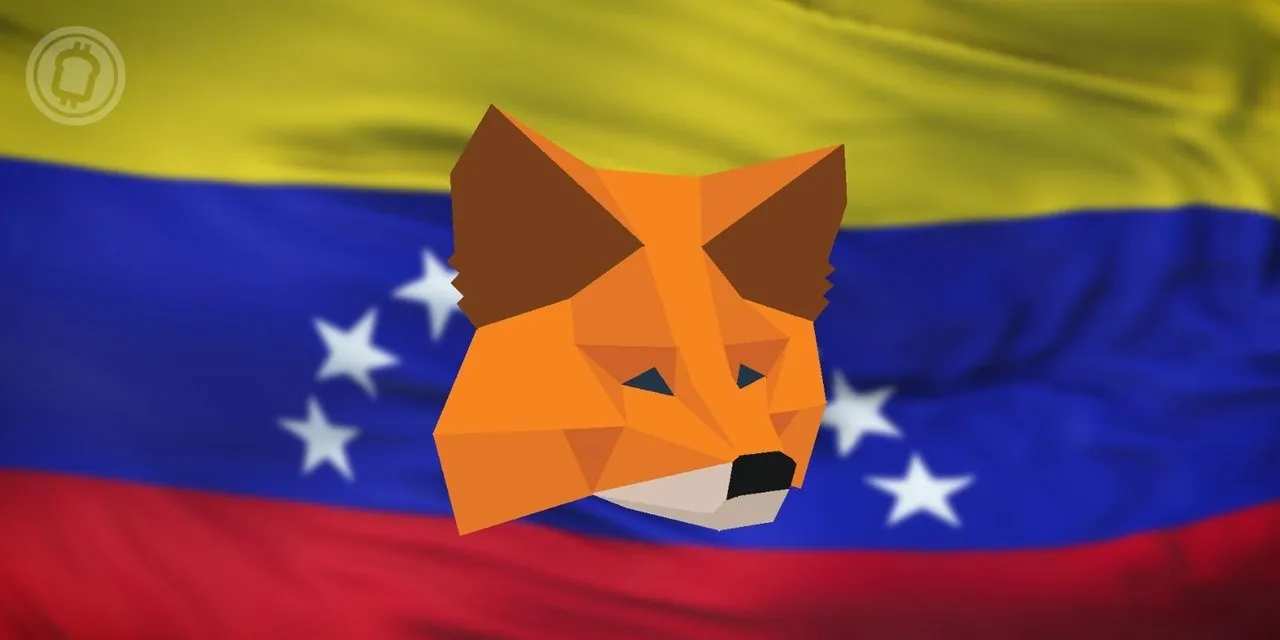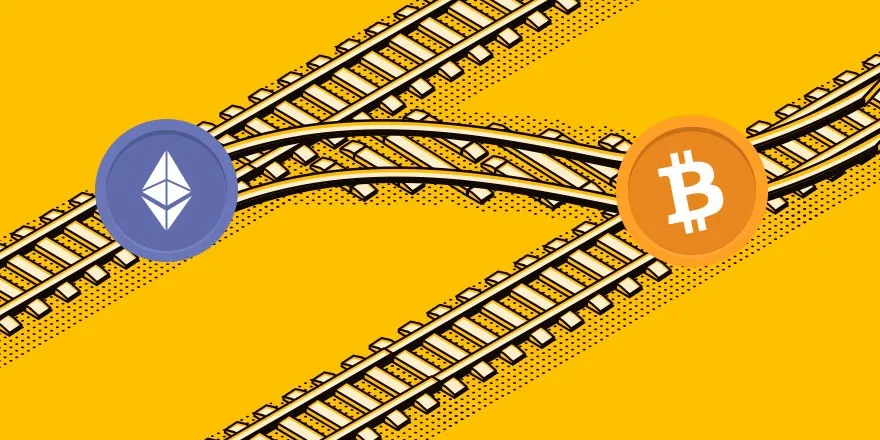
An interesting story today involved Metamask users in Venezuela waking up to find they were unable to access their Ethereum.
This shocking piece of news has been a wake up call to cryptocurrency users across the globe.
The problem here is decentralized trains running on centralized rails. This metaphor will be explained below.
What happened?
- Venezuela was accidentally included in a geoblock of users from access to their Ethereum yesterday.
- So people in Venezuela using MetaMask couldn’t access the Ethereum blockchain.
How did it happen?
- MetaMask uses a tool called Infura to access the Ethereum Blockchain, and Infura blocked Venezuela users from accessing the Ethereum blockchain.
Why did it happen?
In response to the Russian invasion of Ukraine many nations have imposed financial sanctions on Russia and certain parts of Ukraine.
Many financial institutions like Banks, Stock exchanges and cryptocurrency exchanges were required to comply with these sanctions.
Why was it a shock?
- Certain exchanges like Coinbase and Binance are centralized entities, so their involvement in sanctions was expected and not surprising.
- Centralized in the cryptocurrency community means there is an individual or individuals who are identified to many people, who control the money or cryptocurrency of thousands or millions of accounts.
- MetaMask is considered a decentralized project.
- Decentralized here meaning that MetaMask the creator of the MetaMask wallet doesn’t retain any control over users wallets. Users maintain full control over their assets.
- But MetaMask connects to the Ethereum block chain through a piece of Software called Infura, and this software controls the ability of all the MetaMask wallets to communicate with the Ethereum blockchain.
- Infura is centralized, in that a few individuals control the access of millions.
- Infura complied with the sanctions against Russia.
- They used something called geoblocking which prevents people in a certain part of the world from using their product.
- Unfortunately, the country of Venezuela was accidentally blocked.
- When the mistake was discovered, it was fixed.
Decentralization dependent on centralized infrastructure is not truly decentralized.

This story is another illustration or example, of how cryptocurrency is decentralized, but the tools used in cross blockchain trading like bridges like the one which was hacked last week called Worm hole and the tool called Infura which prevented Venezuelan users from transacting on the Ethereum blockchain this week are not all decentralized.
I call this decentralized trains riding centralized rails. It can have the same end result as centralized systems people leave behind when they get involved in cryptocurrency.
Cryptocurrency is like an onion, I keep peeling back layers and revealing new things.
Knowledge is power my friends, stay thirsty for it.

Read other posts by @shortsegments:
Leobridge-a-use-case-which-makes-Cubfinance-unique
Can Bitcoin be the next Global Reserve Currency
The World's currencies are on fire with inflation, Bitcoin and Hive are the Fire Exits
Solona Bridge Hack: not your keys, not your crypto, an explanation.
.